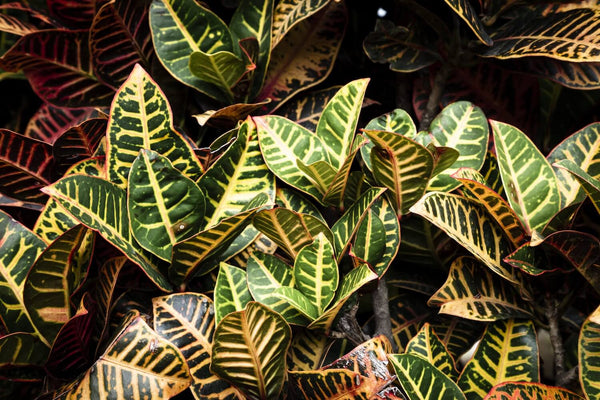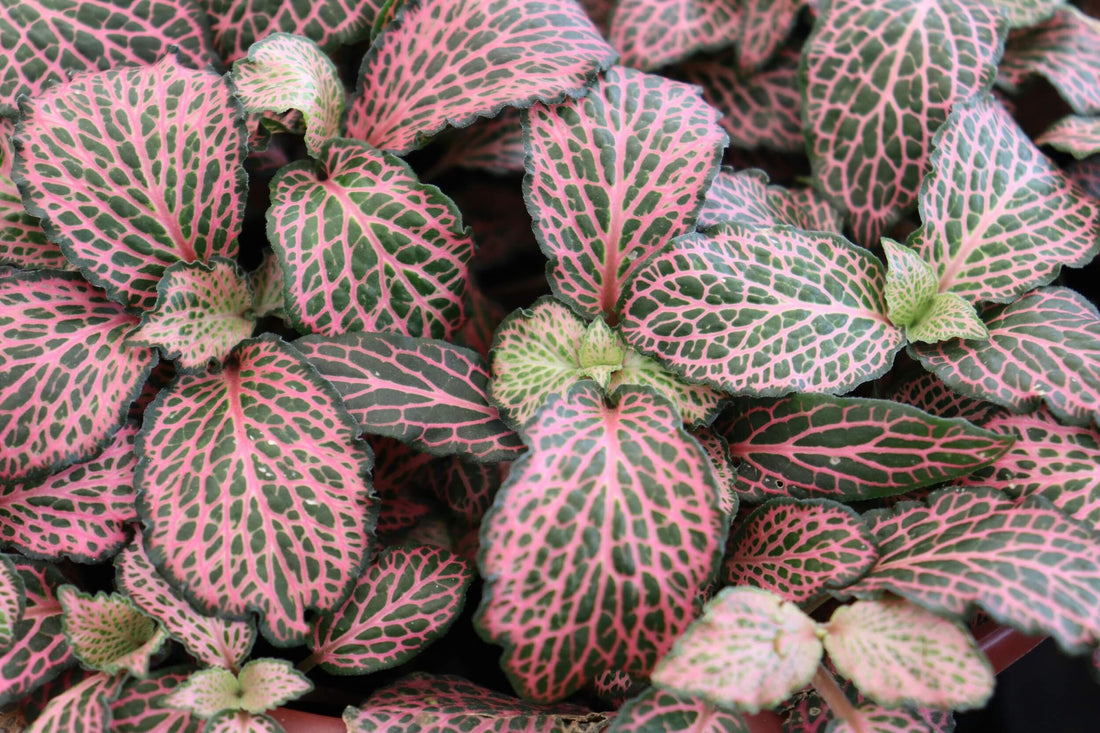What is a hybrid?
Hybrids are often created by selective cross-breeding to combine certain characteristics. For example, breeders might cross plants with large flowers and a robust root structure to create a new variety that is both attractive and resilient. This combination of genetic material from the parent plants can result in a variety of traits that can be observed in the offspring.
In nature, hybridization can also occur spontaneously when plants of different species are present in their environment. This can happen when insects or the wind transport pollen from one plant to another. Although some hybrids are viable in nature and can continue to evolve, many of them are not viable or cannot reproduce successfully.
This process of natural selection plays an important role in the evolution of plants. Hybridization can create new genetic variations that allow plants to adapt to changing environmental conditions and potentially colonize new habitats. In agriculture and horticulture, hybridization is an important tool for developing plants with improved traits for cultivation.
formation of hybrids
Natural hybrids occur when two different plant species meet and interbreed in nature. This can happen through wind, insects, or other pollinators that transfer pollen from one plant to another. In some cases, natural hybrids can be viable and evolve, while others lack the ability to reproduce or adapt to the environment.
In contrast, selective hybrid breeding occurs in controlled environments where breeders select parent plants to combine specific traits to create a new plant with the desired characteristics. This process requires a deep understanding of genetics and desired traits to be successful.
properties of hybrids
Hybrids can have a fascinating variety of traits derived from both parent plants. These traits can manifest in different aspects of the plant, including flower colors, leaf shapes, growth heights, and even scent profiles. By combining the genetic information from two different parent plants, a new genetic variation is created, allowing for a wider range of characteristics.
A notable feature of hybrids is their ability to enhance or improve certain positive traits. This can include disease resistance, adaptability to different environmental conditions, or even yield performance. By carefully selecting parent plants, breeders can specifically develop hybrids that optimize desired traits while minimizing potential weaknesses.
In the horticultural and agricultural industries, hybrids therefore have an important role to play in developing crops with improved yields, quality and adaptability to changing environmental conditions. This leads to a wider range of robust crop varieties that meet the needs of farmers, gardeners and consumers.

Importance of Hybrids in Plant Breeding
Hybrids are an essential part of modern plant breeding, allowing breeders to develop varieties with improved characteristics that better meet the needs of farmers, gardeners and consumers. By selectively crossing parent plants, breeders can combine a variety of traits to create new varieties with increased yield performance, better disease resistance, longer flowering times or other desired characteristics.
An important advantage of hybrids is their genetic diversity, which allows a wider range of traits to be explored and exploited. This leads to greater genetic diversity within plant populations, which in turn can increase the plants' adaptability and robustness to environmental stressors. In addition, hybrids can help reduce the use of pesticides and other chemical agents in agriculture, as they often have natural resistance to diseases and pests.





